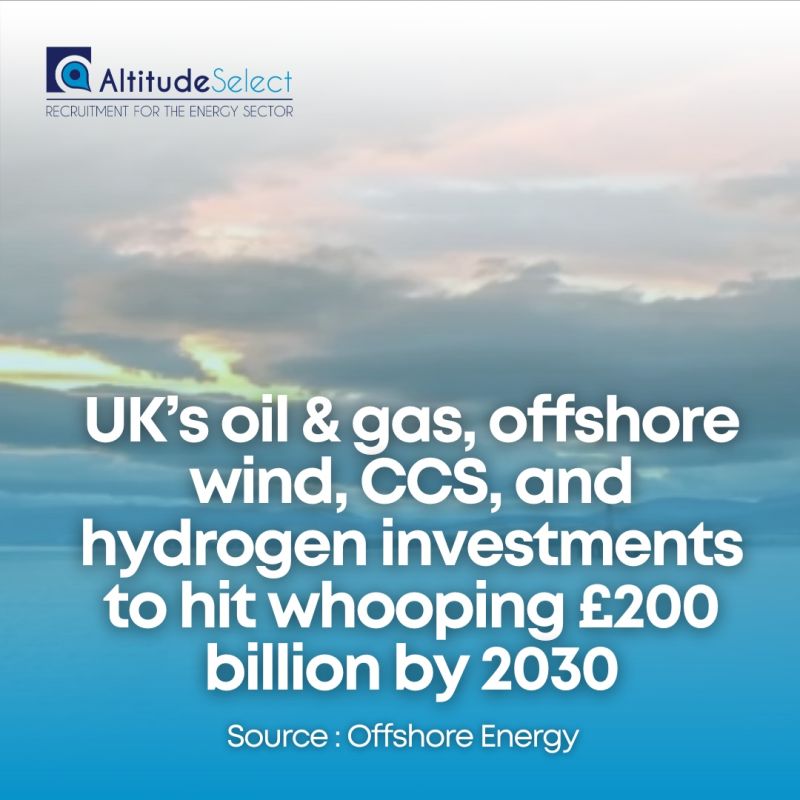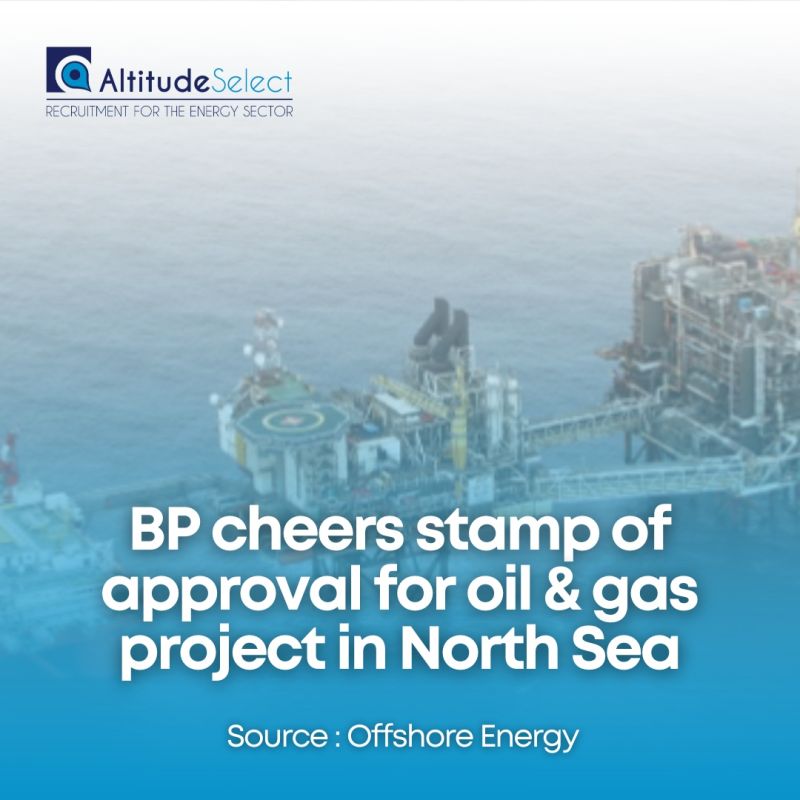October 2023
 |
| A new report from Offshore Energies UK (OEUK) emphasizes the need for the UK to significantly boost its investment in offshore energy to achieve its growth and net-zero targets. The report outlines that the UK's total offshore energy spending could reach £200 billion (approximately $249.7 billion) by 2030, spanning sectors such as oil and gas, offshore wind, carbon capture and storage (CCS), and low-carbon hydrogen. Key highlights include an estimated £80 billion (over $99.8 billion) allocated for offshore wind, with OEUK members participating in the development of 13 GW of offshore wind capacity by 2030. Carbon capture and hydrogen cluster projects, spearheaded by OEUK members, could involve investments of up to £20 billion (nearly $25 billion). Additionally, potential capital investments in oil and gas projects, both in existing and new fields, are projected to be around £35 billion (approximately $43.7 billion), contributing to an overall oil and gas expenditure of up to £90 billion (almost $112.4 billion) through 2030. |
 |
| BP has secured approval from the UK government and the North Sea Transition Authority to move forward with its Murlach oil and gas field redevelopment project in the UK North Sea. The project involves transforming the former Skua field, situated in the central North Sea off Scotland's Aberdeenshire coast, into a productive site. It encompasses two production wells linked to a new manifold, an approximately 7 km gas lift flowline extending from the Eastern Trough Area Project (ETAP) platform, and connections to existing infrastructure. Production fluids will be processed at the ETAP central facility and exported via the Forties Pipeline System and Central Area Transmission System. Subsea facility installation and drilling operations are slated to commence in 2024, with first oil anticipated in 2025, and an estimated field life of 11 years. Doris Reiter, Senior Vice President North Sea at BP, highlights the company's dual approach of investing in conventional oil and gas ventures, such as Murlach, alongside its commitment to the energy transition. BP aims to bolster energy security by targeting oil and gas developments that can leverage existing production facilities and reduce operational emissions. The Murlach project's connection to the long-standing ETAP hub, which has been operating in the central North Sea for 25 years, reinforces its role in sustaining the UK's energy future amid declining North Sea production and a growing renewables sector. |

